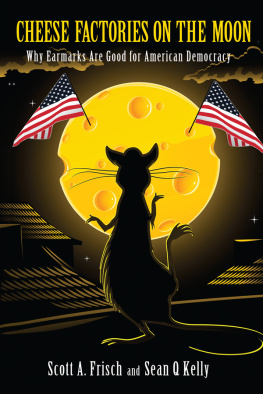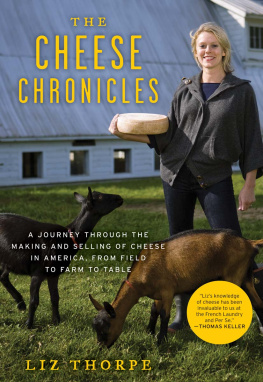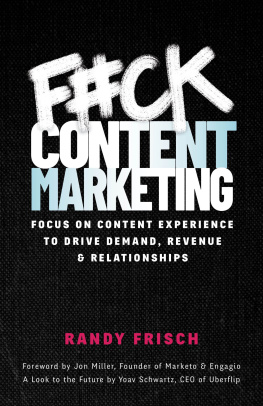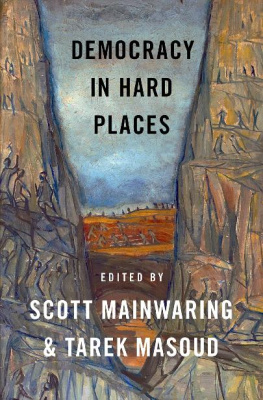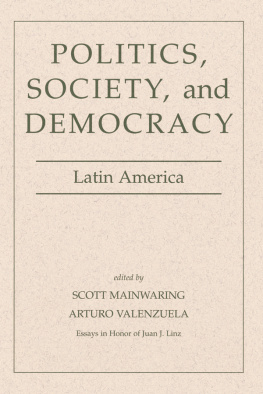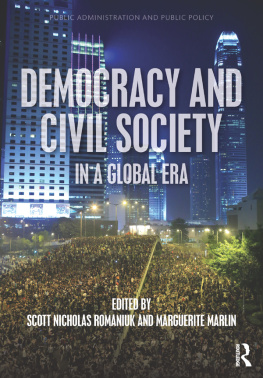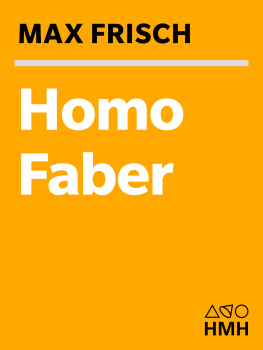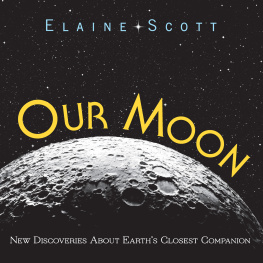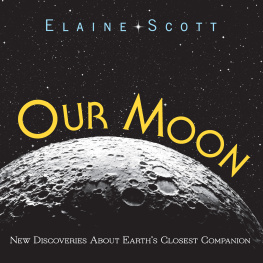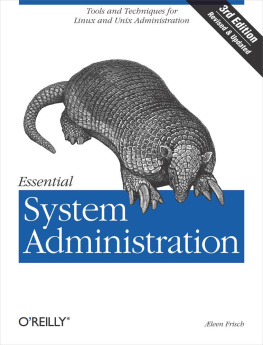CHEESE FACTORIES ON THE MOON
CHEESE FACTORIES ON THE MOON
WHY EARMARKS ARE GOOD FOR AMERICAN DEMOCRACY
SCOTT A. FRISCH AND SEAN Q KELLY
First published 2011 by Paradigm Publishers
Published 2016 by Routledge
2 Park Square, Milton Park, Abingdon, Oxon OX14 4RN
711 Third Avenue, New York, NY 10017, USA
Routledge is an imprint of the Taylor & Francis Group, an informa business
Copyright 2011 Scott A. Frisch and Sean Q Kelly
All rights reserved. No part of this book may be reprinted or reproduced or utilised in any form or by any electronic, mechanical, or other means, now known or hereafter invented, including photocopying and recording, or in any information storage or retrieval system, without permission in writing from the publishers.
Notice:
Product or corporate names may be trademarks or registered trademarks, and are used only for identification and explanation without intent to infringe.
Library of Congress Cataloging-in-Publication Data
Frisch, Scott A., 1964
Cheese factories on the moon : why earmarks are good for American democracy / Scott A. Frisch and Sean Q Kelly.
p. cm.
Includes bibliographical references and index.
ISBN 978-1-59451-730-3 (hardcover : alk. paper)
ISBN 978-1-59451-731-0 (pbk. : alk. paper)
1. Government spending policyUnited States. 2. United States. Congress
Appropriations and expenditures. 3. Waste in government spendingUnited States.
I. Kelly, Sean Q. II. Title.
HJ7537.F76 2010
336.390973dc22
2010017391
Designed and Typeset by Straight Creek Bookmakers.
ISBN 13 : 978-1-59451-730-3 (hbk)
ISBN 13 : 978-1-59451-731-0 (pbk)
As I am fond of saying, if the Congress had a vote on whether to build a cheese factory on the moon, I would oppose it based on what I know now, and I cannot imagine the circumstance under which I would support it. But on the other hand, if Congress in its lack of wisdom decided to start a cheese factory on the moon, I would want a Texas firm to do the engineering, I would want a Texas construction firm to do the construction, I would want the milk to come from Texas cows, and I would want the celestial distribution center to be in Dallas, Texas, or College Station, Texas, or somewhere else in my state.
Senator Phil Gramm (R-TX)
For Elizabeth and Colin
SAF
For Sheen, and for our daughter Shriya who awaits the day
when there are cheese factories on the moon
SQK
CONTENTS
Tables
2.1 House Appropriations Committees 302(a) Allocations for FY 2008
2.2 Sample Page of Earmarks: Department of Defense Military Construction
2.3 House Appropriations Committees 302(b) Allocations for FY 2008 as Enacted
8.1 Labor-H Earmarks, 19942005
8.2 Earmarks in Appropriations Acts, 19942004
8.3 Earmarks in Appropriations Acts, 2008
9.1 Top 10 Earmarkers in the House in the Labor-H Appropriations Bill, 2002 and 2008
9.2 Top Earmarkers in the Senate in the Labor-H Appropriations Bill, 2002 and 2008
Figures
9.1 Americans consistently place their confidence in the executive and judicial branches in greater proportions than Congress
9.2 Americans trust in their individual representatives routinely outstrips their trust in Congress as an institution
9.3 Seattle Times Favor Factory Website
The idea for this book, like all ideas of questionable value, jelled over a couple of pints in a local beer emporium. Deeply ensconced in a major academic project focused on earmarks, we were commiserating over the profound lack of public understanding of earmarks and a media narrative dominated by critics of congressional earmarks. In spite of their trivial impact on overall spending and deficits, and successful efforts to make the earmark process open to public scrutiny, earmarks had become the poster child for all that was wrong with Congress. Critics, including many congressional Republicans as well as the Obama administration, were pushing for additional limitations. There were plenty of books criticizing congressional earmarks, but there was no similar defense of earmarks. We felt we could write a book that was readable and at the same time provided real insight into how earmarks reflect some unique elements of American democracy; we could provide information about earmarks while simultaneously celebrating some of the fundamental ideas about American democracy, defending Congress, and taking a strong position in favor of earmarks.
We do not claim that all earmarks are wise uses of government dollars, nor do we assert that the earmark process is completely free of corruption. However, on balance we believe that the current earmark process plays a useful role in the American system of government and is typically more open to public scrutiny than alternative methods of spending taxpayer dollars. This book is an argument; it is not unbiased. We intend to be provocative by turning a critical eye on the typical arguments made against earmarks.
Cheese Factories on the Moon is aimed primarily at general readers, college students, and the politically interested public. For that reason we adopt an informal writing style, and we do not dwell on academic literature and debates that are of little interest to nonpolitical scientists. That does not mean, however, that our work is not rigorous; it is based on extensive interviews, archival research, reviews of both the academic literature on pork-barrel spending and journalistic accounts of earmarks, and some data analysis. Our case studies and examples are chosen from hundreds that we found while working on this book; they were selected to illustrate our arguments. Especially for this book we interviewed members of Congress, former members of Congress, congressional staff, and lobbyists, conducting more than forty interviews in all. For those readers interested in in-depth treatments, we provide suggestions for additional reading at the end of each chapter.
We adopt the following convention for sources we used: Quotations drawn from our interviews are not footnoted; we only provide sources for quotations that are not drawn from our own interviews. Many of our subjects (especially current staff ) requested anonymity, and we have accommodated them. Eben Peck generously shared anonymous transcripts of interviews that he did with a few congressional staffers on related topics; those quotations are acknowledged in the Notes as Peck interviews.
We owe an enormous debt of gratitude to a number of individuals who helped us make appropriate contacts in Washington and to those who agreed to talk with us about earmarks. Most of them were guaranteed anonymity so we do not have the opportunity to name them in print. Former Congressman Mickey Edwards provided much insight and thoughtful criticism. Conversations with former Congressman Butler Derrick are always enlightening and entertaining. Les Francis and Jim Free are good and supportive friends always willing to share their insights and provide advice. Jim and Claudia Thurber were very gracious hosts during our stay in Washington.

